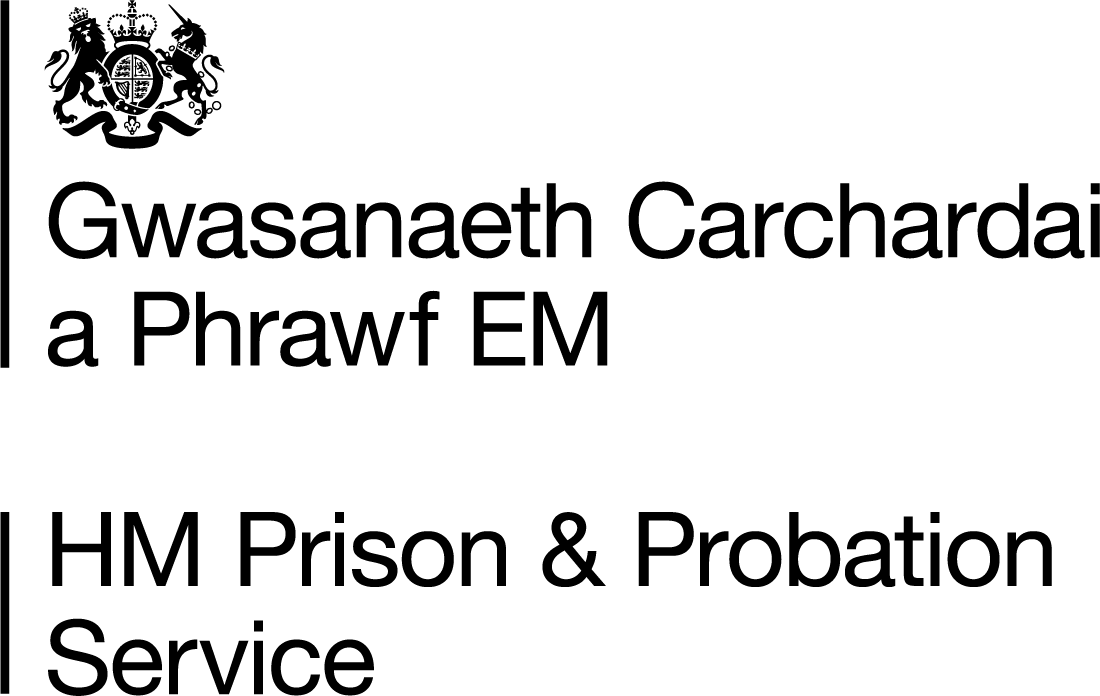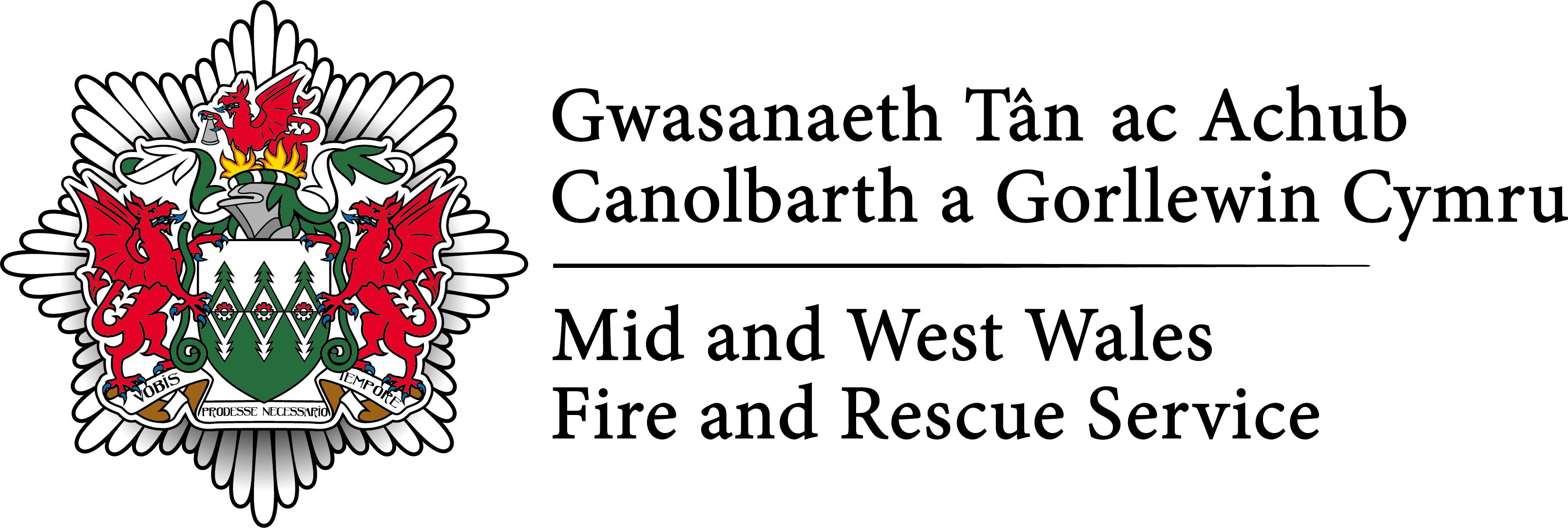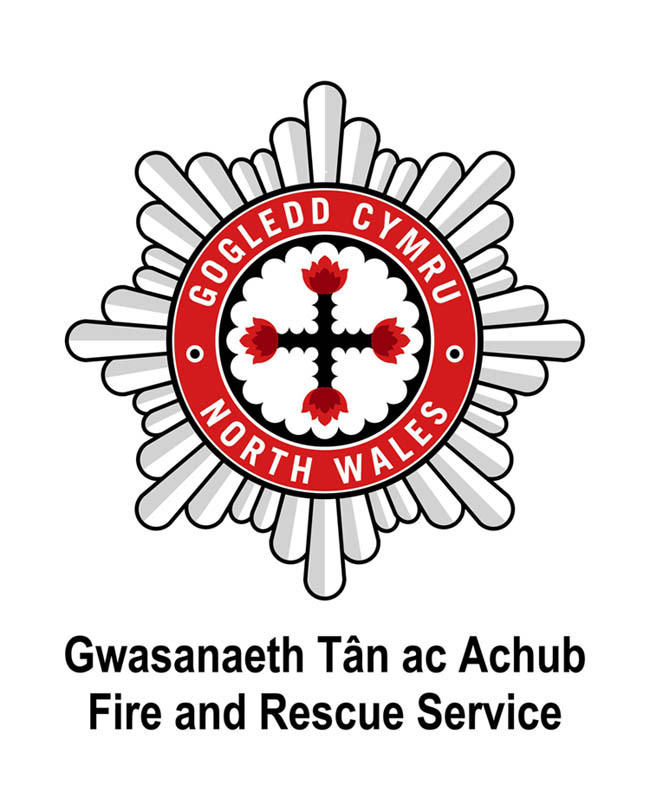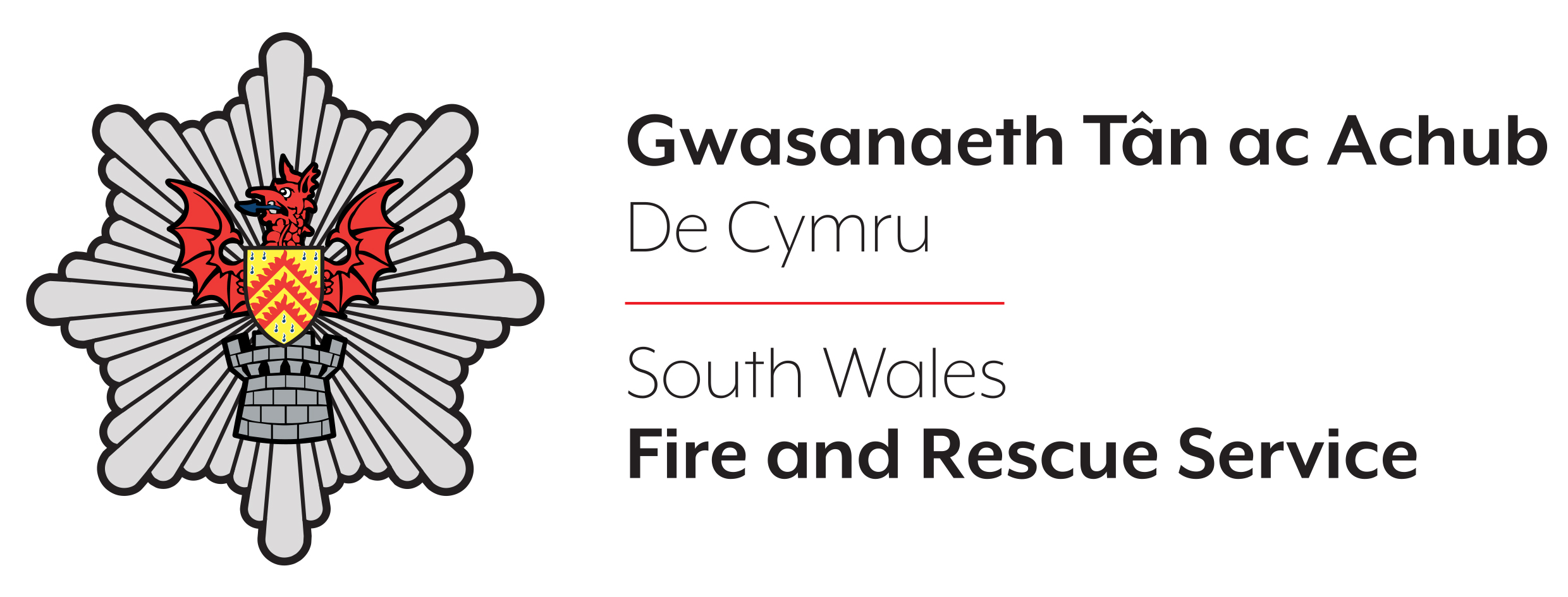The following is a list of legislation, more detail is provided under each of the sub-topics:
- Social Services and Wellbeing (Wales) Act 2014
- Wellbeing of Future Generations (Wales) Act 2015
- Safeguarding Boards (Functions and Procedures)(Wales) Act 2015
- UN Convention on the Rights of the Child
- Domestic Violence, Crimes and Victims Act 2004, and guidance
- Domestic Abuse Act 2021
- Wales Safeguarding Procedures
- Human Rights Act 1998
- Violence Against Women, Domestic Abuse and Sexual Violence (Wales) Act 2015
- Serious Crime Act 2015
- Domestic Abuse Act 2021
- Mental Capacity Act 2005
- Mental Capacity (Amendment Act) 2019
- Data Protection Act 2018
- Protection from Harassment Act 1997
- Fraud Act 2006
- Equality Act 2010
- Children Act 1989
- Rights of Children and Young Persons (Wales) Measure 2011
- Children Act 2004
- Prosperity for All: the national strategy (Welsh Government, 2017)
- A Healthier Wales: our Plan for Health and Social Care (2018)
- Police, Crime, Sentencing and Courts Bill










